MIKON 2024 Panel Session: Women in Microwaves
“How and Why People Communicate: from the Origin of Speech to AI-Based Signal Recognition“
The Women in Microwave Panel Session at MRW2024 continues the tradition of such sessions organised at two previous MRW editions:
– ”Women in Microwaves” at MRW2020 in Warsaw, featured in [1],
– ”Women in Science and Engineering (WiSE)” at MRW2022 in Gdansk, featured in [2].
This year’s session will be concerned with broadly understood communication – how it is technically achieved and how it contributes to building our (not only professional) lives.
The first two speakers will set the scene up, spanning it from antropology to Artificial Intelligence. We shall revisit popular theories of the origin of speech and explore an alternative theory (where women played a leading role). We shall then debate whether classical maths and human intelligence are – or are not – sufficient for recognising signals in an increasingly noisy environment. From the third speaker, we shall learn how the ”noisy” professional environment can be navigated through, with the help of IEEE MTT-S people and resources.
Following the pre-announced impulse talks, everyone will be invited to provide feedback and further thoughts. Positive examples of constructive communication, providing guidance and support, are welcome. But to be realistic, we shall also reflect on how miscommunication (or misunderstanding) may jeopadise one’s plans and careers. And where to seek assistance, if this happens to us.
[1] “Women in Microwaves at MIKON: (Not) for the First Time “, in: IEEE Microwave Magazine, vol. 22, no. 7, pp. 78-82, July 2021, doi: 10.1109/MMM.2021.3070815.
[2] “Women in Science and Engineering Matinee: WiSE at Microwave and Radar Week 2022”, in: IEEE Microwave Magazine, vol. 24, no. 7, pp. 86-90, July 2023, doi: 10.1109/MMM.2023.3265521.
Invitation
Talent has no gender, it is the ability to create.
It remains obvious that the percentage of women in engineering professions is still low, therefore we cordially invite you to participate and popularise your experiences at the WIE (Woman in Engineering) session during the Microwave and Radar Week (MRW – 2024).
The theme of the WIE session is:
How and Why People Communicate: from the Origin of Speech to AI-Based Signal Recognition
During the WIE session, in a relaxed but professional atmosphere, a wide range of topics will be presented, not only those related to microwave and radar techniques, but also the so-called “soft” skills complementary to “hard” skills.
We believe Keynotes will put our session into a spacious frame, to be filled with other impulse talks or spontaneous remarks on two topics:
(a) the role of communications in our (not only professional) lives,
(b) recent advances in communication technologies (and how they make our lives better).
We cordially invite you to contribute to the WiE Session. If you are interested in giving an impulse talk, please contact the undersigned Session Co-Chair (Anna Grytsko anna.grytsko@pwr.edu.pl) with your suggestion. We are looking forward to including several impulse talks, each of 10-15 min lengths, and of relevance to the session theme and topics, as defined above.
The WiE session requires no formal registration. However, knowing about your interest to participate will help us plan for appropriately large space and long time-slot. Therefore, even if you do not plan to give an impulse talk, please kindly let us know of your interest to participate.
See you soon at the WIE session during MRW – 2024.
Organisers and Co-Chairs:
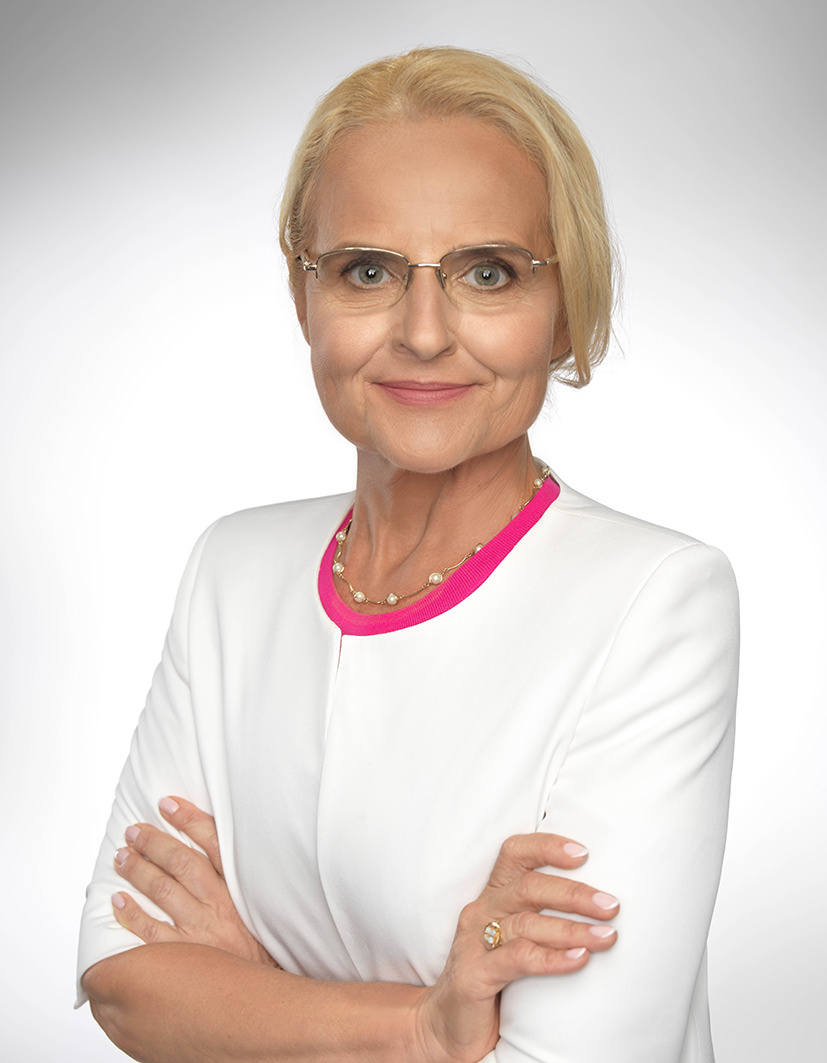
Malgorzata Celuch, QWED Sp. z o.o. (PL)
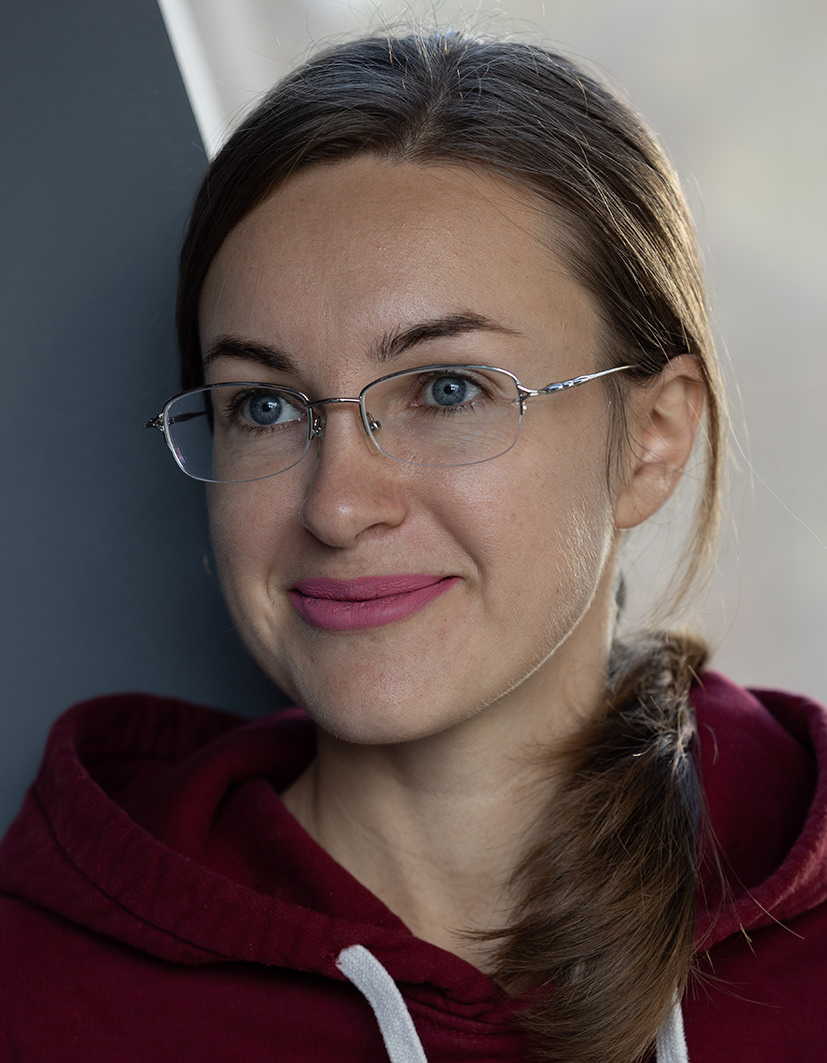
Anna Grytsko, Wroclaw University of Technology, PL
Keynote speakers:
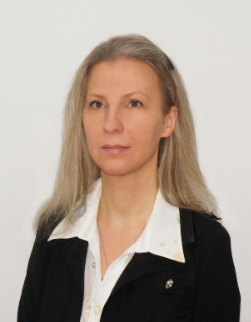
Malgorzata Danicka, M.Sc.Eng.
”On the Origin of Speech (Not in Savannas)”
Speaker CV: Malgorzata Danicka-Kosut graduated in Computer Science from the Warsaw University of Technology (1988) and the University of Aberdeen. During her first job at the Polish Academy of Sciences, she additionally pursued Mediterranean Archaeology at the University of Warsaw. She later worked as a programmer, consultant, and project manager in many IT projects, at companies such as jak Accenture, HP, and IBM. She currently leads IT projects for public administration at an international institution. Malgorzata combines her full-time engineering job with social volunteering, pursuing her passion for antropology, and… interests for machine and human languages alike. She is a promoter of the works by Elaine Morgan, which advocate a corrective to Darwin’s theory, oppose to gender stereotypes and more adequately account for women’s role in human evolution. Malgorzata translated Morgan’s three books [1]-[3] and founded an editorial house Anadiomene to broadly disseminate them in Poland [1]- [3]. In 2003 the second edition of Malgorzata’s translation of “Descent of Woman” [1] was published by Wydawnictwo Literackie in a special series ‘Other Constellations’ endorsed by Olga Tokarczuk (note: Tokarczuk won 2018 Nobel Prize in Literature).
Abstract: Malgorzata wil tell us how she combines a full-time engineering job with being an active feminist (member of Women 8th March Coalition), free-lance translator, and self-funded publisher. She will explain her view of contemporary gender stereotypes being rooted in popularly communicated theories and school books, which underestimate the role of women in human evolution and history. She will give us an introduction to Elaine Morgan’s anthropology writings and an account of her friendship with Elaine. She will then focus on “Descent of Woman” [1], which (among other observations highlighting the role of women) attributes the origins of speech to females hunting for shellfish on the coast and seabed, rather than males hunting in the savanna. [1] „Pochodzenie kobiety” (Descent of Woman), 2007 Warsaw (Anadiomene – 1st Polish edition); 2023 Krakow (Wydawnictwo Literackie – “Other Constellations” series endorsed by Olga Tokarczuk) [2] „Blizny po ewolucji” (Scars of the Evolution), 2010 Warsaw (Anadiomene) [3] „Pochodzenie dziecka” (Descent of Child), 2012 Warsaw (Anadiomene)

Marta Walenczykowska, Ph.D. Eng.
”Signal Processing and Recognition in Communication”
Speaker CV: Marta Walenczykowska graduated in electronics and telecommunications from the Military University of Technology in Warsaw in 2005 and completed her PhD in telecommunication – digital signal processing at the same university in 2018. She began her professional career in the field of air defence systems. After a few years, she transitioned to work related to the IT field. Currently, she serves as an adjunct at the Military University of Technology in Warsaw, specifically at the Faculty of Mechatronics, Armament, and Aerospace. Marta is a member of the IEEE and a Guest Editor for special issues of Sensors MDPI, focusing on Radar Technology and Data Processing, as well as Target Recognition for Radar and Air Defence Systems. Thanks to her extensive professional experience, she possesses knowledge in various fields, ranging from radiolocation, electronic warfare, and telecommunications to IT security. As a lecturer, she typically covers topics in electronics and mechatronics. Her current research is concentrated on digital signal processing in a broad sense, as well as algorithms for automatic signal recognition and classification using machine learning (ML).
Abstract: Marta will tell us how she became an engineer and why she chose to work in a military environment, which may seem rather non-feminine. She will share how she discovered that communication skills are as important as technical abilities. She will explain why signal processing and recognition are integral parts of the communication process and touch on communication aspects related to information security. She will also discuss how “artificial intelligence” (AI) competes with “human intelligence” in her field of study and where she sees the future of signal recognition. She will illustrate her claims with examples from the areas she worked in during her professional experienceMarta will tell us how she became an engineer and why she chose to work in a military environment, which may seem rather non-feminine. She will share how she discovered that communication skills are as important as technical abilities. She will explain why signal processing and recognition are integral parts of the communication process and touch on communication aspects related to information security. She will also discuss how “artificial intelligence” (AI) competes with “human intelligence” in her field of study and where she sees the future of signal recognition. She will illustrate her claims with examples from the areas she worked in during her professional experience
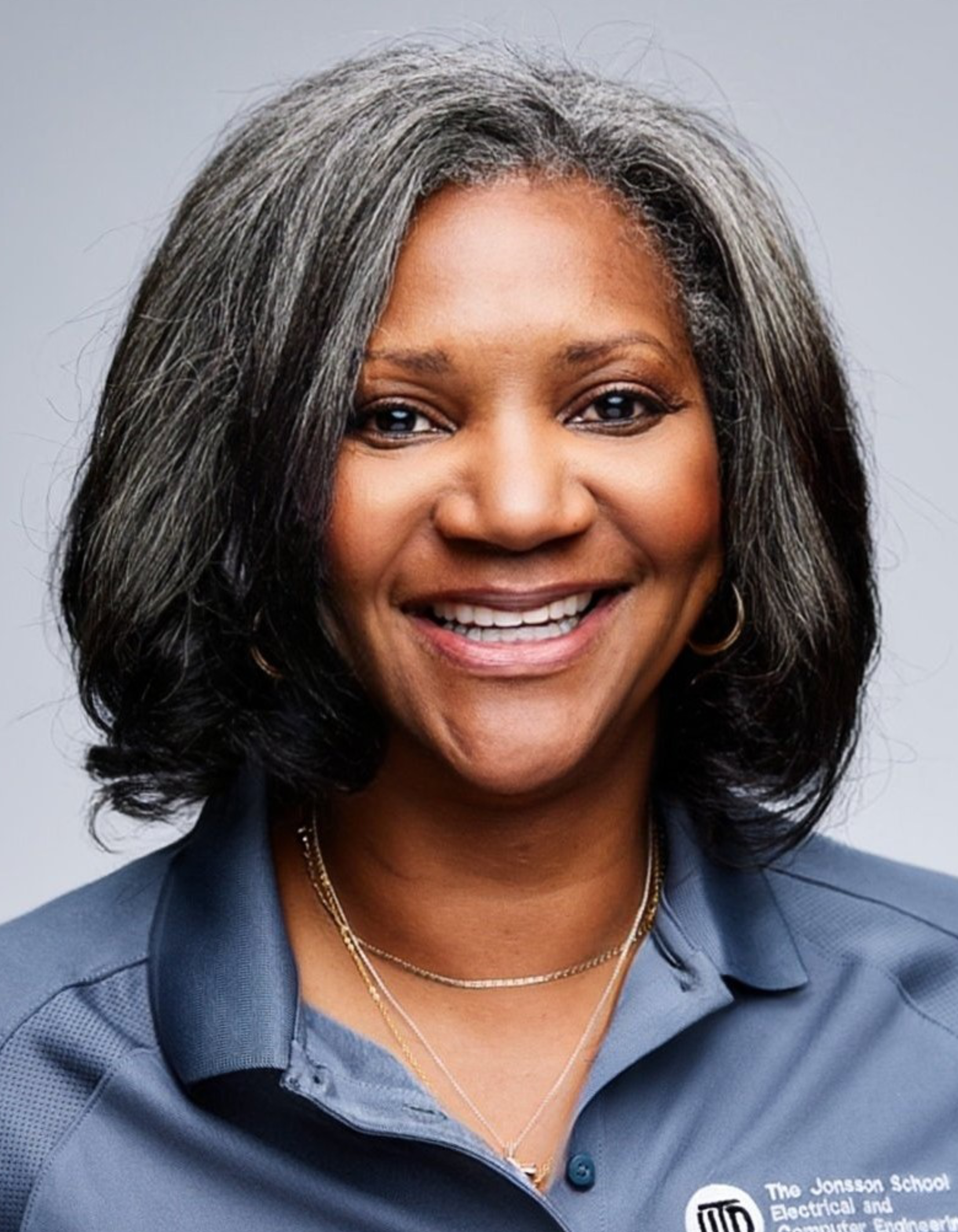
Prof. Rashaunda Henderson
“IEEE MTT-S as a Forum for Communication and Servant Leadership “
Speaker CV: Rashaunda Henderson is a professor in the ECE department at The University of Texas at Dallas in Richardson, TX. She received her Ph.D. degrees in electrical engineering from The University of Michigan in Ann Arbor, MI in 1999. After graduation she joined Motorola Semiconductor Product Sector in Tempe, AZ and worked as a research and development device engineer focusing on passive circuits integration in the microwave and mixed-signal technology labs for wireless embedded systems. She joined The University of Texas at Dallas in 2007 and leads the High Frequency Circuits and Systems Laboratory, which facilitates millimeterwave design and development of circuits, integrated packages and antennas for wireless communication systems. Dr. Henderson is a Senior Member of the IEEE and served as the 2022 President of the IEEE Microwave Theory and Technology Society (MTT-S). She is passionate about educating the next generation students and encouraging them to seek careers in science, technology, engineering and mathematics.
Abstract: Rashaunda will tell us about her career journey, highlighting her transition from industry to academia. She will note how communication with her professors and mentors helped her make decisions and define the path which she has followed up to now. Last but not least, she will delve into the role of interactions and communications within IEEE in her professional development, and how her servant leadership and volunteering activities in IEEE MTT-S facilitated her most recent roles in industry and academia.
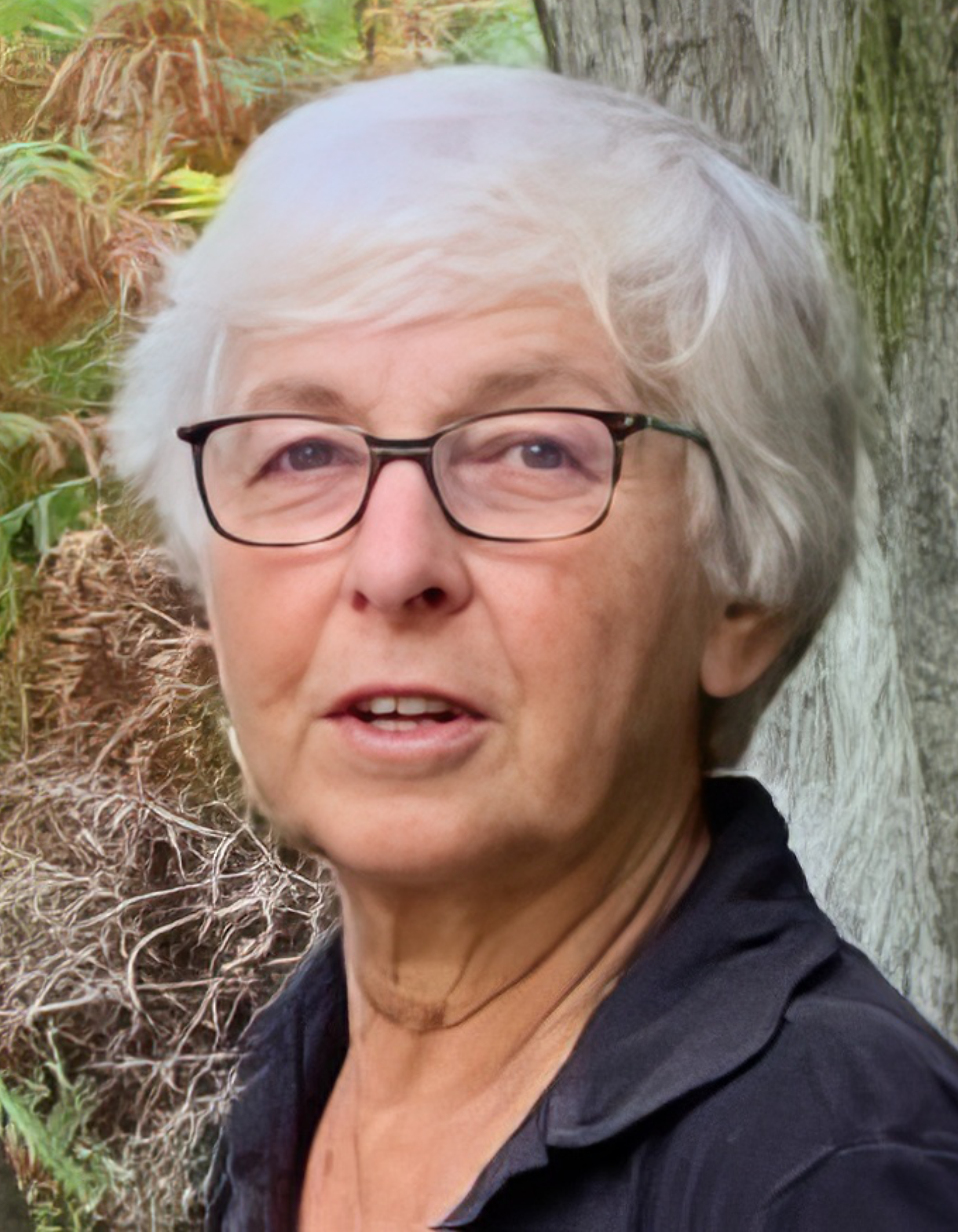
Dr Agnieszka Konczykowska
“From academia to industrial research – working experience”
Speaker CV: Agnieszka Konczykowska received her M.S. (1971) in Applied Mathematics and Ph.D. in Electrical Engineering (1977) from Warsaw University of Technology. She worked with Warsaw University of Technology (1971-1981) on CAD tools and design methodologies, in particular using graph theory, symbolic analysis and artificial intelligence in analog circuit design. From 1981 to 1999 she was with CNET research Laboratory of France Telecom working on tools and methodologies of semiconductor device modeling combined with characterization of passive and active components of integrated circuits. During 1999-2005 she was with Alcatel R&D Laboratory and worked on circuit design (switched-capacitor circuits, microwave circuits, very high speed analog and digital circuits). From 2005 to 2018, she was in charge of microelectronic design activity at III-V Lab, joint laboratory of Nokia Bell Labs, Thales Research and Technology and CEA/Leti, France. She is presently with ADesign working for III-V Lab in the domain of components and circuits for telecommunication systems (optical and wireless).
Abstract: Agnieszka will tell us about her personal working experience, which combines work at a University followed by research in the telecommunication domain in different large companies. Agnieszka will share with us her social and human observations, related to the technical work in a small but interdisciplinary team, combining competencies and expertise in such diverse areas as semiconductor technology, devices modelling, circuit design, circuit measurements and packaging. Last but not least, Agnieszka will reflect how MIKON gatherings have helped our microwave community grow and communicate over the years.
Impulse speakers:
- Mariya Antyufeyeva (V. N. Karazin Kharkiv National University, Ukraine, and Newcastle University, UK)
- Marzena Olszewska-Placha (QWED Sp. z o.o., Poland)
